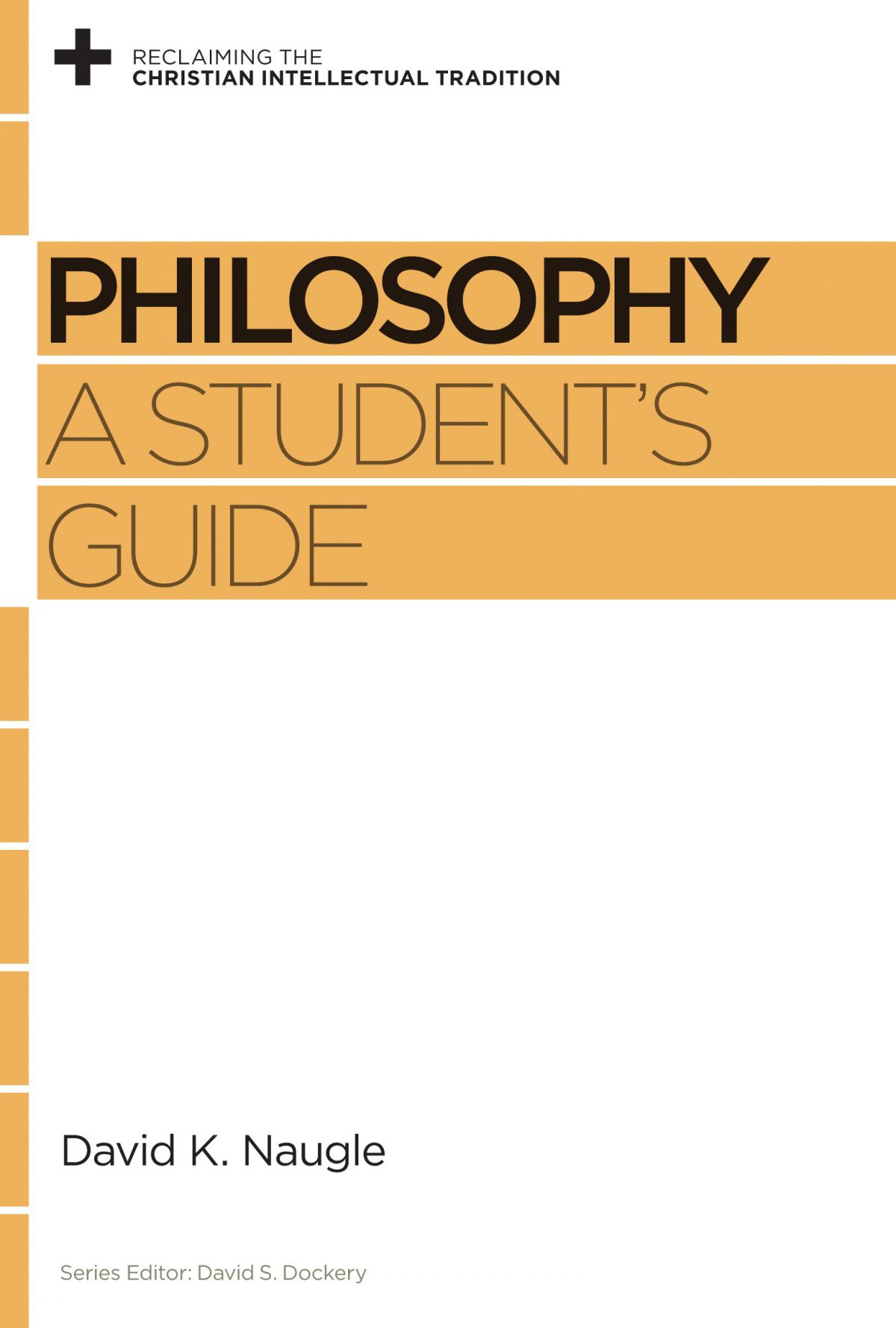4 Philosophical Nuggets You Can Use
Can we learn much from brief philosophical statements? Regular readers of my blog know that I occasionally feature the segment Friday Philosophy, where I provide quotes from profound philosophical thinkers both past and present. A contemporary philosopher that I appreciate is professor David Naugle. Naugle’s book Reordered Love, Reordered Lives: Learning the Deep Meaning of Happiness has been very helpful to me in thinking about life.
Here is a brief sketch of Naugle along with four provocative quotes on philosophy from another one of his books that I’ve used in my social media #FridayPhilosophy segment. I also elaborate on these nuggets of wisdom with the hope that you’ll find them useful.

Who is David Naugle?
Dr. David K. Naugle is chair and professor of philosophy at Dallas Baptist University. He holds doctorates in both theology and in the humanities. He also serves as a Colson Fellow for the Wilberforce Forum, the Christian worldview think tank sponsored by Prison Fellowship near Washington, DC. Naugle specializes on the topic of worldview thinking.
1. On Today’s Zeitgeist of A-B-C
“A-B-C = Anything but Christianity.”1
Naugle points out that often in academia and in society, virtually any perspective or worldview is welcome and considered potentially viable except historic Christianity. This is undoubtedly true for two reasons. First, there is a spiritual war taking place where one side opposes the truth of Christianity and seeks to eliminate it from consideration (1 Peter 5:8–9). Second, the natural state of sinful people is to resist the truth of the Christian faith (Romans 1:18–21).
2. On the God of Scripture
“The God of the Bible is a God with wounds.”2
Unique to Christianity is the teaching that God has become man in Jesus Christ (incarnation). As the God-man, Jesus suffered the pain and death of crucifixion. Therefore, the second person of the Trinity, through his human nature, knows intimately what it is to suffer. As the believers’ great high priest (Hebrews 4:14–16), Jesus can both sympathize and empathize with the suffering of his people.
3. On Common Grace
“Even if people go astray and misuse God’s good things, common grace means that these very same people, regardless of their spiritual state, do things well and make remarkable contributions to life and the world. Beethoven and the Beatles, for example, have produced some really good music. Plato and Aristotle wrote some fine philosophy.”3
Common grace refers to the universal grace that God showers on all people, including nonbelievers. This gift to all people means we are the recipients of: (1) being made in the image of God (imago Dei: Genesis 1:26–27), (2) common grace (Matthew 5:45), and (3) general revelation (revelation in nature and conscience: Psalm 19; Romans 1). All of these blessings and endowments may not lead a person to salvation apart from direct saving grace, but these benefits mean that nonbelievers can discover truth of various kinds and engage in noble and creative acts.
4. On the Goal of Learning
“Jewish philosopher Abraham Joshua Heschel (1907–1972) observed that the ‘Hebrews learned in order to revere,’ whereas the Greeks learned in order to comprehend, and modern people learned in order to use.”4
Heschel’s observation of how and why the different people groups have learned helps to understand their overall worldview. Jewish learning reflected their central focus on worshiping God. The Greeks celebrated humanity’s rational nature. People today emphasize practicality and utility. Yet there seems a place for all three in a fully orbed and integrated worldview.
I admire Naugle’s knowledge of philosophy and classical literature as well as his worldview perspective. If you are looking for a clear and concise introduction to philosophy from a Christian perspective, see Naugle’s book Philosophy: A Student’s Guide.
Reflections: Your Turn
How often do you reflect upon the big philosophical questions of life? Visit Reflections on WordPress to comment with your response.
Check out more from Reasons to Believe @Reasons.org
Endnotes
- David K. Naugle, Philosophy: A Student’s Guide (Wheaton, IL: Crossway, 2012), 21.
- Naugle, 38.
- Naugle, 28–29.
- Naugle, 30.





